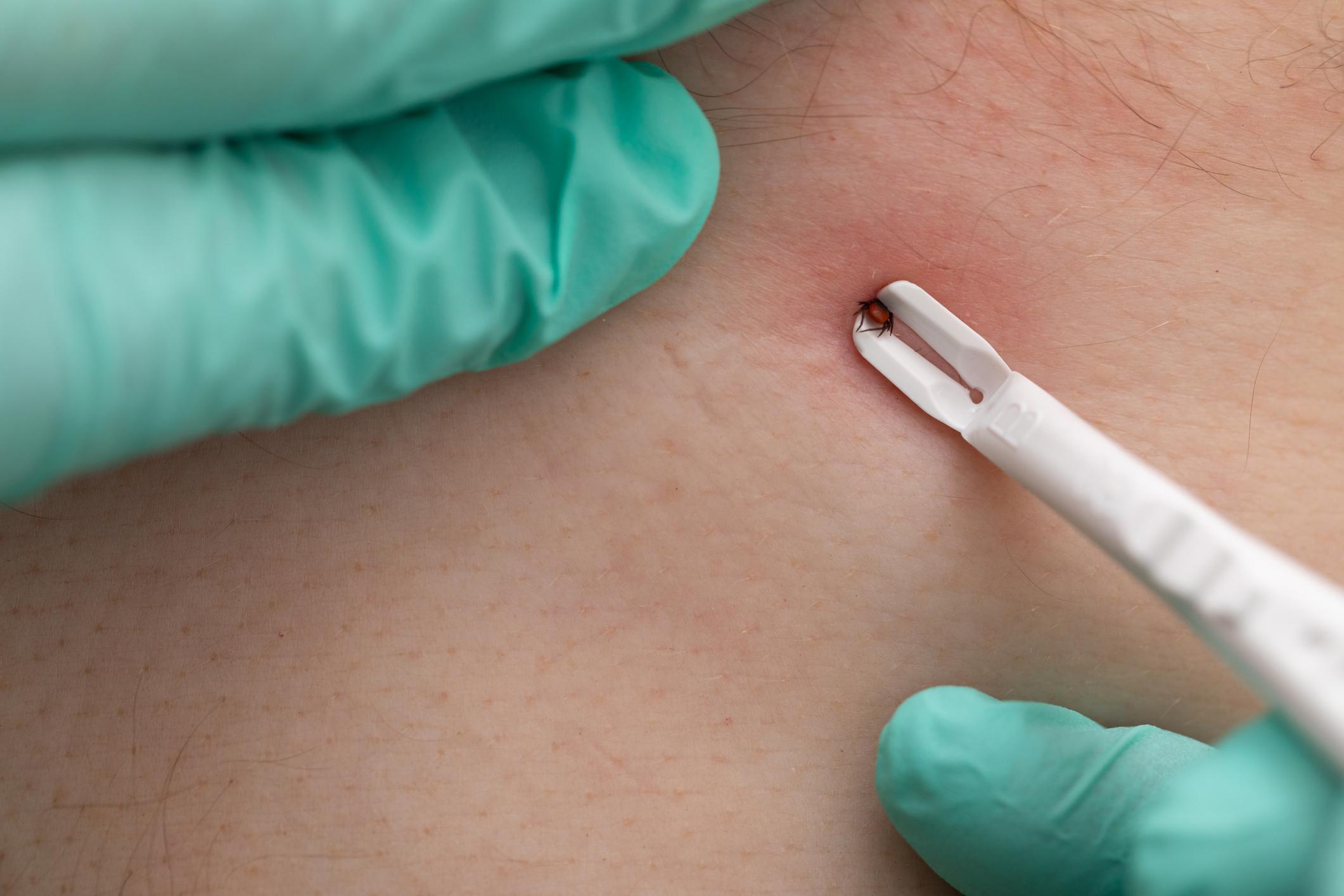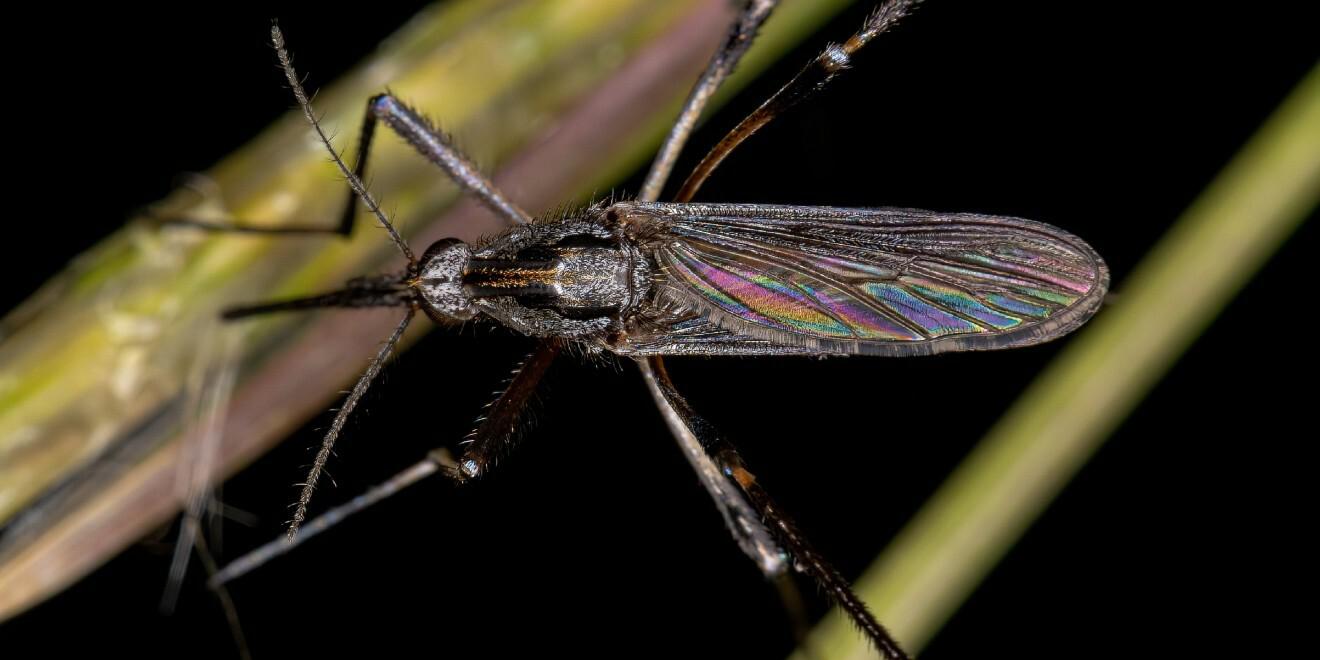What you need to know about Zika before departing on your tropical vacation
Posted by Mosquito Squad
June 7, 2017
The kids are out of school and many families are planning, or will soon be departing for, their annual summer vacations. With this in mind, Mosquito Squad of Boston Metro South wants to keep you aware of mosquito-borne concerns at home and abroad. The mosquito-borne virus, Zika, is spread by the bite of an infected Aedes species mosquito, which includes the well-known Asian tiger mosquito. These mosquitoes bite during the day and night. The virus is a concern to those vacationing in Zika-prone areas such as the Caribbean.
Keep in mind that anyone can become infected with the Zika virus—but most people won’t even know it due to the virus’ mild symptoms, which can include fever, rash and joint/muscle pain. Though the virus itself is mild compared to other mosquito-borne illnesses like dengue fever and malaria, doctors have noted an association of Zika cases with a neurological paralytic disease called Guillain-Barre syndrome.
The most concerning risk of contracting Zika is highest for pregnant women in their first trimester. Zika virus in pregnant women has been correlated with microcephaly, a prenatal disorder that prevents an infant’s head from growing to its full size. In the beginning, the CDC’s warning was specific to women in their first trimester for that very reason, but because so much is still unknown about Zika, many doctors (and the CDC) are extending travel warnings to all pregnant women out of caution. Additionally, the CDC has issued guidance for travel, prevention, testing, and preconception counseling related to risks for pregnant women and couples considering conception in areas of active Zika virus transmission in the continental US and in Hawaii.
Last year, the Zika outbreak grew at an alarming rate, causing fear among travelers, and was declared a national health emergency by the World Health Organization. The Centers for Disease Control and Prevention (CDC) has released the most up-to-date guidance and recommendations with regard to Zika in the US and when traveling abroad. Here is the current list of areas under a Zika travel notice from the CDC, updated May 26, 2017:
- Africa
- Currently includes: Angola, Cape Verde and Guinea-Bissau
- Asia
- Currently includes: Maldives and Singapore
- The Caribbean
- Currently includes: Anguilla; Antigua and Barbuda; Aruba; The Bahamas; Barbados; Bonaire; British Virgin Islands; Cayman Islands; Cuba; Curaçao; Dominica; Dominican Republic; Grenada; Guadeloupe; Haiti; Jamaica; Martinique; Montserrat; the Commonwealth of Puerto Rico, a US territory; Saba; Saint Kitts and Nevis; Saint Lucia; Saint Martin; Saint Vincent and the Grenadines; Sint Eustatius; Sint Maarten; Trinidad and Tobago; Turks and Caicos Islands and the US Virgin Islands
- Central America
- Currently includes: Belize, Costa Rica, El Salvador, Guatemala, Honduras, Nicaragua and Panama
- The Pacific Islands
- Currently includes: Fiji, Marshall Islands, Micronesia, Palau, Papua New Guinea, Samoa, Solomon Islands and Tonga
- South America
- Currently includes: Argentina, Bolivia, Colombia, Ecuador, French Guiana, Guyana, Paraguay, Peru, Suriname and Venezuela
- Other areas with Zika risk include areas of Africa, Asia and South American, Brownsville, (Cameron County, Texas), in the US and areas of South Florida within the US. Please visit the CDC website for the complete list and updated Zika information.















